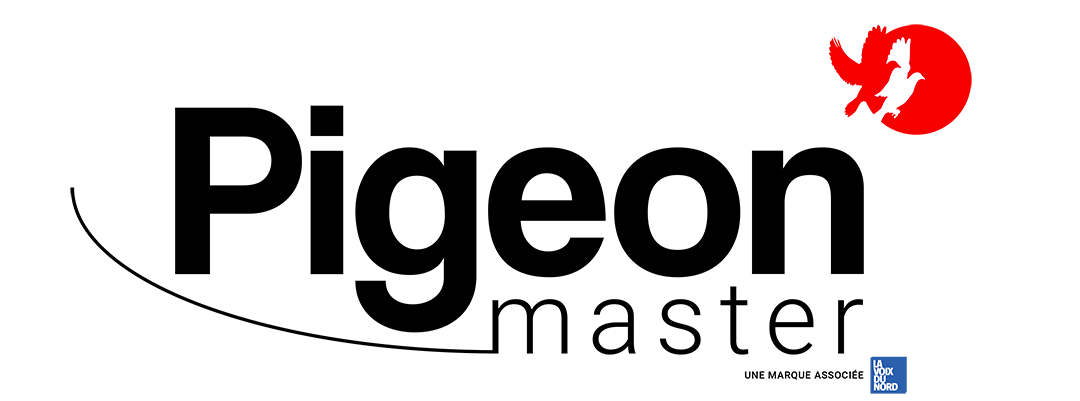Viruses have only one type of nucleic acid, either DNA or RNA. This very simple structure makes them cellular parasites. To reproduce, viruses hijack certain elements of the cell they have entered for their own benefit. The multiplication of viruses inside this cell can lead to the death of the cell, which releases the numerous viral particles formed, which in turn infect new cells. The virus is then pathogenic and causes disease.

Newcastle disease is a viral disease caused by a type 1 paramyxovirus. This bird disease was first described in poultry in 1926 in the city of Newcastle. This viral disease is highly contagious, affecting many species of birds which constitute a reservoir of this virus. An epidemic of Newcastle disease decimated poultry farming in Europe from 1971 to 1973. The first cases of infection with the Newcastle disease virus were reported in racing pigeons in the Netherlands, England, Belgium, and Germany. These pigeons had become infected through direct contact with sick poultry and showed respiratory, nervous and digestive disorders.
From Newcastle disease to pigeon paramyxovirus
As early as 1980, low pathogenic strains of Newcastle disease were isolated from pigeons with respiratory disorders and poor sporting performance. At that time, scientific studies showed that 7% of Belgian and 19% of French racing pigeons had been infected with the virus, but without showing any clinical disease. In 1981, severe forms of Newcastle disease reappeared in northern Italy in racing pigeons and 1983 the disease spread to the Netherlands, Belgium, France, Germany and England. For the first time, the strains isolated from sick pigeons could be differentiated from the “classical” strains of the Newcastle disease virus by very fine laboratory techniques. These were the first viral forms adapted to pigeons and would become responsible for pigeon paramyxovirus.
Certain mutations allowed the chicken virus to adapt to the pigeon (pigeon variant). However, this “pigeon variant” remains dangerous for poultry. This is why it is important to vaccinate all pigeons every year to protect the flock and reduce the risk of contamination of poultry.
Dr Jean Pierre Duchatel
Translated with www.DeepL.com/Translator (free version)





